Mangosteen Benefits: 8 Science-Backed Health Perks
From weight loss to controlling debates, learn what else this fruit can help you with.
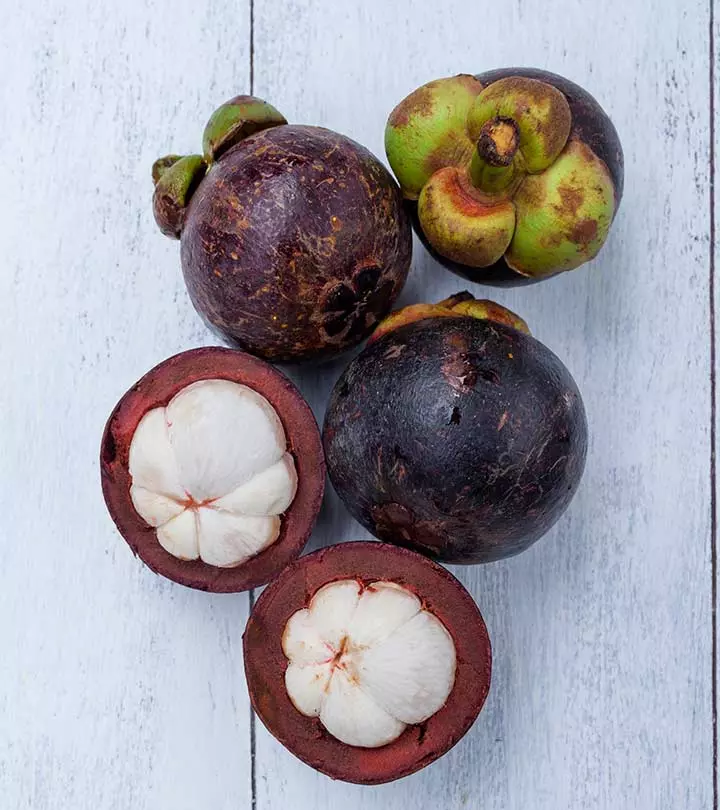
Image: iStock
Mangosteen is a tropical fruit predominantly found in Southeast Asia, especially in Vietnam and Thailand. It has a unique appearance and taste (1). But what are the benefits of mangosteen?
Traditionally, this fruit was used to treat kidney ailments, diabetes, high blood pressure, and skin conditions (2). So why have Western countries banned the use or sale of mangosteen? Keep reading to find out!
 Know Your Ingredient: Mangosteen
Know Your Ingredient: MangosteenWhat Is It?
A dark purple berry-like tropical fruit with white or yellowish pulp.
What Are Its Benefits?
It may help maintain blood glucose levels, prevent free radical damage, treat acne and microbial infections, and aid in weight loss.
Who Can Consume It?
Those with skin issues, high blood pressure, obesity, and insulin resistance may consume mangosteen on the recommendation of their doctor.
How Often?
You can eat one whole fresh mangosteen daily.
Caution
If you are on blood thinners or heart-related medications, avoid mangosteen consumption to prevent drug reactions.
In This Article
What Is Mangosteen?
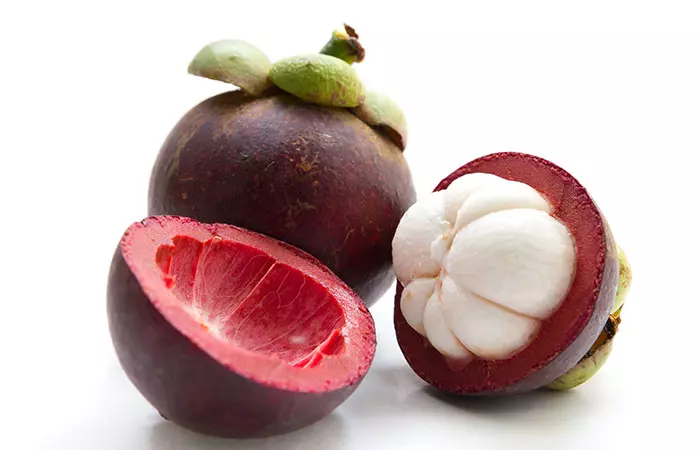
Mangosteen (Garcinia mangostana) is a tropical fruit cultivated mainly in Southeast Asia. It is now grown in the tropical areas of East Indies, India, China, and Sri Lanka as well (1).
The mangosteen tree has deep green leaves and a dark purple berry-like fruit. The fruit has a 1½-inch thick rind enclosing its flesh (2).
Its flesh is so delicate that it melts in your mouth almost like ice cream! The fruit’s pulp is white or yellowish, with crimson veins. Mangosteen fruit produces a yellow latex-like juice that is uber-flavorful (1), (2).
 Trivia
TriviaFor obvious reasons, locals enjoy this fruit. Mangosteen juice and brewed tea are also equally popular. Wondering why? Find out in the next section.

Key Takeaways
- Mangosteen primarily grows in Vietnam and Thailand and has years of reputation as a remedy for various health issues.
- Mangosteen extracts have powerful antimicrobial properties that can lessen acne inflammation.
- It can also treat inflammation, obesity, and weight loss.
- The antioxidant content of mangosteen aids in improving your skin’s elasticity and ability to retain moisture.
Why Is Mangosteen Popular?
Mangosteen is not only delicious but also extremely healthy, containing essential vitamins, minerals, and fiber. Traditional medicine uses its pulp, juice, and rind to treat chronic inflammatory disorders (2).
Recent scientific studies suggest that this fruit possesses strong antioxidant, anti-cancer, anti-inflammatory, and antimicrobial properties (3).
The credit goes to its rich phytonutritionali Pertaining to chemicals produced by plants that are rich in antioxidant properties and help lower the risk of cancer and stroke. profile.
The active compounds in mangosteen play a crucial role in battling cancer, diabetes, heart, and brain diseases.
 Trivia
TriviaTo know how mangosteen treats such conditions, keep reading.
What Are The Health Benefits Of Mangosteen?
Mangosteen is effective against inflammatory conditions like diabetes, constipation, skin diseases, and potentially arthritis. Its antioxidant activity may help fight cancer.
1. Controls Diabetes
Oxidative stress
and insulin resistance can cause diabetes. Hyperglycemia (increased blood glucose levels) is often the result of free radical damage. Free radicals are active chemical ions that interfere with the functionality of your organs – in this case, the pancreas (4).
Antioxidants counter-attack free radicals to bring down blood sugar. Consuming antioxidant-rich foods like mangosteen can boost the antioxidant levels in your body.
Mangosteen contains phytochemicals, including xanthones and mangostins. These are potent antioxidants that can neutralize free radical activity. Mice studies suggest that mangostins and xanthones can bring down fasting blood glucose levels (4), (5).
They can also improve the health of insulin-producing pancreatic cells (β-cells of the islets of Langerhans) in diabetic mice. Therefore, mangosteen is a promising antidiabetic and anti-hyperglycemic agenti Agents that help lower blood sugar levels and aid in the treatment of type 2 diabetes mellitus. (4), (5).
2. Treats Acne And Microbial Infections
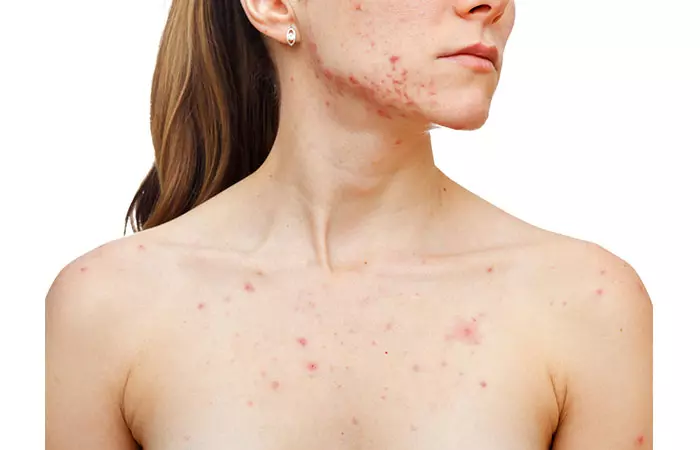
Extracts of this tropical fruit possess excellent antimicrobial properties. Bacterial strains, such as Pseudomonas aeruginosa, Salmonella typhimurium, Propionibacteriumi Bacterium found in sebaceous glands in the skin and hair follicles that leads to acne formation. acnes, and Bacillus subtilis, are susceptible to mangosteen phytochemicals (6), (7).
Mangosteen xanthones – mangostin, gartanin, and isomangostin – can reduce the inflammation caused by Propionibacterium acnes infection, which is commonly known as acne (6).
In a study conducted in Thailand, patients with acne applied mangosteen fruit rind extract on their face for 12 weeks. Mangosteen fruit rind extract showed about 67% reduction of comedonal skin-colored bumps, inflammatory lesions, and scars in these subjects (8).
The xanthones in this fruit also inhibit fungi from Epidermophytoni A type of fungus that can lead to skin and nail infections and cause itching, skin rashes, scaling, and hair loss. , Alternaria, Mucor, Rhizopus, and Aspergillus species (6).
Did You Know?
Some Malaysian hotels don’t allow mangosteens in their suites. Why?
Mangosteen oozes a thick, dark purple juice when you cut it open. This juice stains fabric and floors.
To avoid such stains on their upholstery and belongings, hotels restrict mangosteen on their premises.
3. Has Anti-inflammatory Properties
The principle bioactive compound in mangosteen fruit, alpha-mangostin, has potent anti-inflammatory effects. It inhibits the secretion of pro-inflammatory chemical messengers in your body (9).
Alpha-mangostin can interact with the genes producing these compounds (such as interleukins and nitric oxide) in your body and control the severity of chronic inflammatory diseases (9).
Mangosteen also has strong anti-allergy effects. You can apply mangosteen-based products or extracts topically to control eczema. Eating this fruit may also help in reducing the severity of heart and lung diseases. It is also effective against diarrhea, dysentery, diabetes, chronic ulcers, and neurodegenerative conditions (3), (6).
4. May Prevent Cancer
Mangosteen xanthones have a variety of biological activities. The most studied property is its anticancer effect. Alpha-mangostin, beta-mangostin, and gamma-mangostin were effective on various human cancer cells (10).
These xanthones have been proven to induce programmed cell death (apoptosis) in cancerous cells. They have also shown preventive effects against breast, prostate, and colon cancers in laboratory experiments (11), (12).
Mangosteen xanthones employ several cell signaling pathways to stop cancer progression. However, they need in-depth research to be applied to humans. It is best to observe caution before consuming mangosteen products, especially if you are battling cancer (11), (13).
5. Helps In Weight Loss

The production of pro-inflammatory compounds increases with an increase in fat deposition. These compounds cause collateral and chronic damage to vital organs, such as the heart, kidneys, brain, lungs, and liver (5), (14).
East Asian medicine used native fruits like mangosteen to treat obesity and related conditions. The active molecules in it, like alpha-mangostin, inhibit the pancreatic enzymes that are responsible for fat accumulation (5).
Various clinical trials investigated the role of mangosteen in weight loss and inflammation. Along with decreasing total cholesterol and LDL levels, mangosteen extracts may also promote HDL (good cholesterol) levels in your body (5), (14).
6. Makes Skin Look Younger And Healthier
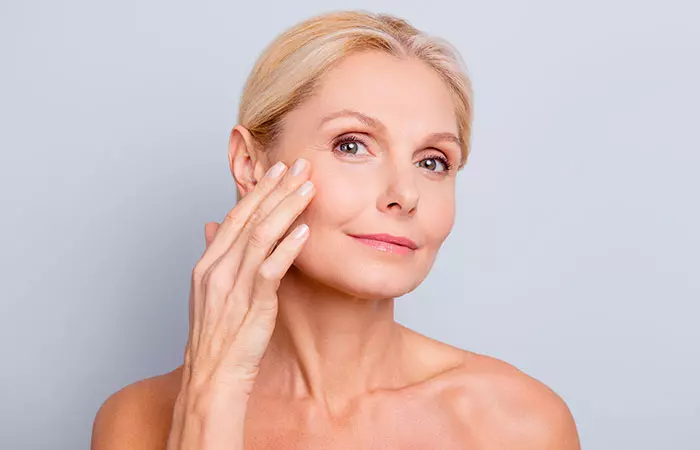
A build-up of free radicals in your accelerates aging. High level of oxidative stress affects most of your body’s organs, including your skin. Your skin starts to show symptoms of aging, such as fine lines, wrinkles, and pigmentation (15).
Having a diet rich in antioxidants can maintain the appearance of your skin to an extent and helps maintain skin health. Fruits like mangosteen have a strong antioxidant profile. Their active phytochemicals, such as xanthones, scavenge the free radicals from the skin cells (15), (16).
Mangosteen xanthones inhibit the accumulation of collagen-inhibitory compounds (like pentosidine) in your skin. This allows ample collagen to boost the elasticity and moisture-holding capacity of your skin (16).
7. Regulates Blood Pressure
The antioxidant and anti-inflammatory properties of mangosteen may help in regulating blood pressure. It contains ample amounts of potassium that are crucial for controlling heart rate (17).
The xanthones in this tropical fruit also demonstrate cardioprotective effects. They fight free radicals and cholesterol accumulation in blood vessels (18).
The antioxidant property of xanthones can bring down the risk of atherosclerosisi The buildup of plaque in the artery walls that narrows them and possibly leads to a heart attack. and ischemic heart attack. This is why having mangosteen may offer protection from hypertension and bleeding disorders (18). hence reducing the probability of heart disease.
8. A Potent Antioxidant
The pericarp, flesh, and peel of mangosteen contain varying amounts of xanthones. These biomolecules are potent antioxidants. Protocatechuic acid, coumaric acid, caffeic acid, and ferulic acid are the most abundant phenolic acids found in mangosteen peel (19), (15).
Anthocyanins, proanthocyanidinsi A group of chemical compounds found in fruits, vegetables, and nuts that help improve vision and joint flexibility. , epicatechin, xanthones, cyanidin-3-sophoroside, and cyanidin-3-glucoside are few of the flavonoids identified in it (15).
Therefore, mangosteen (and its extracts) is used extensively in food, pharmaceutical, and cosmetic industries. The antioxidants in it are responsible for its analgesic, anti-cancer, anti-aging, and antiobesity effects of mangosteen fruit (15).
Gloucil, a blogger, extols the virtues of mangosteen, emphasizing its potential health benefits. She shares a personal anecdote of mangosteen’s purported role, saying, “But based on my own experience mangosteen fruit or products helped and saved my life from a dangerous cancerous tumor. The reason why I did not need to undergo an operation procedure (i).”
So, these are the amazing mangosteen benefits. But does mangosteen only contain xanthones? Are there no other nutrients in it?
No! Like any other exotic fruit, mangosteen has excellent nutritional value. Find out more details in the following section!
Nutrition Details of Mangosteen
| Nutrients | Unit | 1 Value per 100g | 1.0 cup, drained 196g | 1.0 cup, 216g |
|---|---|---|---|---|
| Proximates | ||||
| Water | g | 80.94 | 158.64 | 174.83 |
| Energy | kcal | 73 | 143 | 158 |
| Protein | g | 0.41 | 0.80 | 0.89 |
| Total lipid (fat) | g | 0.58 | 1.14 | 1.25 |
| Carbohydrate, by difference | g | 17.91 | 35.10 | 38.69 |
| Fiber, total dietary | g | 1.8 | 3.5 | 3.9 |
| Minerals | ||||
| Calcium, Ca | mg | 12 | 24 | 26 |
| Iron, Fe | mg | 0.30 | 0.59 | 0.65 |
| Magnesium, Mg | mg | 13 | 25 | 28 |
| Phosphorus, P | mg | 8 | 16 | 17 |
| Potassium, K | mg | 48 | 94 | 104 |
| Sodium, Na | mg | 7 | 14 | 15 |
| Zinc, Zn | mg | 0.21 | 0.41 | 0.45 |
| Vitamins | ||||
| Vitamin C, total ascorbic acid | mg | 2.9 | 5.7 | 6.3 |
| Thiamin | mg | 0.054 | 0.106 | 0.117 |
| Riboflavin | mg | 0.054 | 0.106 | 0.117 |
| Niacin | mg | 0.286 | 0.561 | 0.618 |
| Vitamin B-6 | mg | 0.018 | 0.035 | 0.039 |
| Folate, DFE | µg | 31 | 61 | 67 |
| Vitamin B-12 | µg | 0.00 | 0.00 | 0.00 |
| Vitamin A, RAE | µg | 2 | 4 | 4 |
| Vitamin A, IU | IU | 35 | 69 | 76 |
| Vitamin D (D2 + D3) | µg | 0.0 | 0.0 | 0.0 |
| Vitamin D | IU | 0 | 0 | 0 |
| Lipids | ||||
| Cholesterol | mg | 0 | 0 | 0 |
That’s the profile of canned mangosteen.
Eating whole fresh mangosteens provides impressive phytonutrition. The flesh, pericarp, and skin of mangosteen contain xanthones, anthocyanins, and several flavonoids. It also contains phenolic acids like caffeic acid and ferulic acid.
All these active molecules in mangosteen work cumulatively to bring about its health benefits.
Now, let’s find out how to enjoy this fruit!
How To Eat Mangosteen
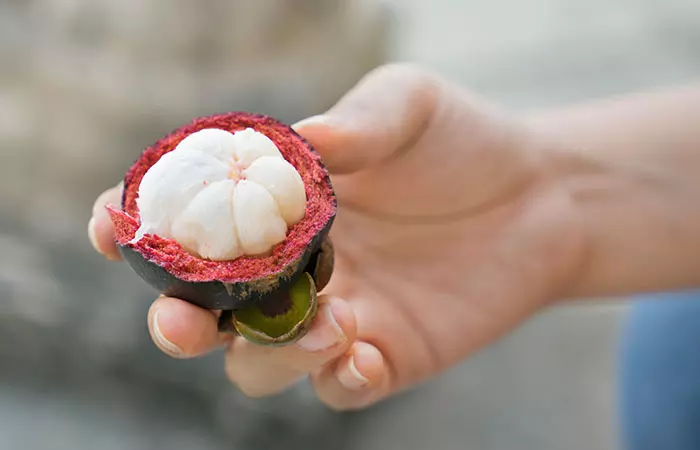
The mangosteen fruit is as big as a tennis ball. It has a beautiful dark violet peel. It has a firm and fibrous shell before it ripens. On ripening, it becomes soft and almost mushy.
To open a mangosteen, you need to get rid of its shell with a sharp knife.
Hold the mangosteen in both hands and try to pry it open gently with your thumbs.
Once the rind cracks, you should be able to pull the halves apart easily.
Be careful when you are opening the fruit. Its purple juice may stain your clothes or skin.
Inside, you will find its creamy white pulp arranged in equal segments. This part of the fruit is soft, sweet, and sour, delicious, and heavenly!
Why Is Mangosteen Banned?
Mangosteen is a fruit native to Southeast Asia. It attracts several species of Mediterranean fruit flies.
Due to fear of losing local crops to these fruit flies, Western countries (in North America and Europe) banned the entry of this fruit.
However, disinfected mangosteens are now being sold in American markets. Irradiating mangosteens kills the fruit flies without affecting their viability and safety.
Vendors from the East are now able to share this piece of paradise with the West by adhering to the strict guidelines laid by the local governments.
You can relish this exotic fruit in different ways. The most preferred preparation is mangosteen juice.
While both fresh mangosteen and mangosteen juice offer health benefits, there are some key differences to consider:
- Fresh mangosteen contains more fiber than mangosteen juice, which can aid in digestion and promote gut health.
- Fresh mangosteen is a rich source of antioxidants, which can help protect your cells from damage.
- Mangosteen juice may contain added preservatives, which can potentially reduce its nutritional value.
Overall, consuming fresh mangosteen is generally considered to be the most beneficial way to enjoy this nutritious fruit. However, if you prefer the convenience of juice, opt for a high-quality product with no added sugars or preservatives.
Want to know how to make it?
Scroll down!
How To Make Mangosteen Juice And Tea
Mangosteen juice is a simple and flavorful drink enjoyed by locals and tourists in Southeast Asia. All you need to make it is mangosteen flesh. Here’s how you can make it!
Simple And Quick Mangosteen Juice
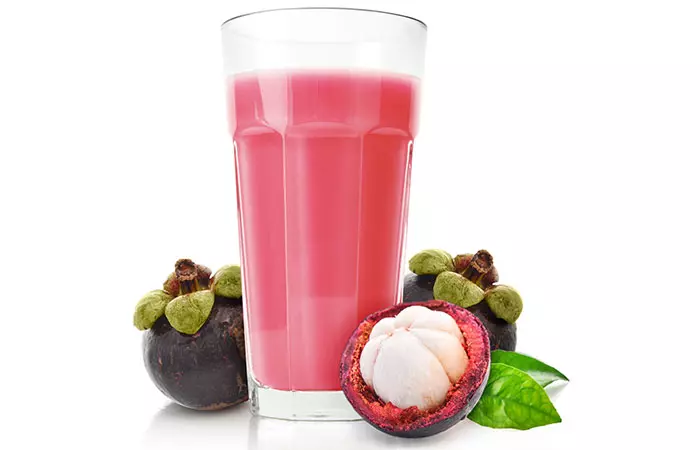
What You Need
- Mangosteen fruits
- Other fruits of your choice
- Sharp knife
- Electric juice blender/juicer
- Honey or sweetener (optional)
- Milk or water (for consistency)
- Ice cubes or crushed ice (optional)
- Apron (to avoid staining your clothes)
Let’s Make It!
- Wash the fresh mangosteens thoroughly by running them under water.
- Get rid of the firm shells with the help of a sharp knife.
- Carefully cut through the rind. Beware of staining your clothes!
- Scoop out the white flesh from within.
- To a blender, add the mangosteen flesh, honey, and other fruits of your choice.
- Add milk (for a smoothie) or water to adjust the consistency. Blend until you get a smooth juice.
- Pour the juice into serving glasses.
- You can top the juice with crushed ice or ice cubes for a refreshing twist.
And tThere you go – your homemade mangosteen juice is done and waiting to refresh you!
This fruit’s flesh is already mildly sweet. Taste the raw juice before adding honey/sweetener.
Another way of having mangosteen is by brewing its tea.
Tasty And Healthy Mangosteen Tea
What You Need
- Mangosteen fruit or powder
- Sharp knife
- Boiling pot/teapot
- Food processor or dehydrator
- Drinking water
- Sugar/sweetener (optional)
Let’s Make It!
- Wash the fresh mangosteen fruit thoroughly under running water.
- Get rid of the firm shell with a sharp knife.
- Cut through the rind carefully. Don’t stain your clothes!
- Pull the skin apart using both your hands to separate the inner flesh from the purple rind.
- If you want to go the traditional way, you can sun-dry these rinds. You can also use a food dehydrator or processor to speed up this step.
- Collect the dried rind pieces and add to a pot of boiling water to purée them. You can also use a food processor for this step
- Turn off the heat to cool the rind purée.
- You can also use a food processor for this stepto make the rind-purée
- To a teapot, add the required amount of water and bring it to a boil.
- Add the puréed rind and sugar/sweetener. Let it boil for 1-2 minutes.
- Turn off the heat and let it steep.
- Add juices/spices of your choice (optional).
- Serve it warm or hot!
If you don’t like tea and juice, you can try having mangosteen extract capsules. This way, you won’t miss out on your daily fruit intake too! Scroll down to learn a simple mangosteen recipe.
Mangosteen Recipes
Mangosteen Popsicles
Ingredients
- 2–3 cups of mangosteen juice
- 2 cans of full-fat coconut milk
- 2 tablespoons of coconut butter
- 2-3 medjool dates
How To Prepare
- Boil water and pour it over the dates in a small bowl. Let them soften for approximately 10 minutes, and then drain.
- Heat coconut milk and coconut butter over low to medium heat.
- Add dates to the coconut milk.
- Simmer for about 5–10 minutes until the dates are dissolved.
- Strain through a sieve and pour into a measuring cup.
- To prepare the popsicles, fill each popsicle mold with 1/3 of mangosteen juice, and the rest with coconut milk.
- Freeze for about 30–40 minutes before adding the wooden sticks.
- Freeze for another 2 hours before serving.
But is it safe to have mangosteen every day? Will it trigger any side effects?
Find out in the next section.
Are There Any Side Effects Of Mangosteen?
Recent scientific literature claims that there are no side effects of having mangosteen. However, there is insufficient evidence for the same (16).
When used as a weight-loss supplement, mangosteen supplements did not cause any adverse effects. They only brought down body weight and cholesterol levels (20).
But a study reports drug interactions with its extracts. A few Thai fruits, including mangosteen, were able to modify the liver enzymes that are involved in metabolizing certain drugs (21).
If you are on blood thinners or heart-related medications, observe caution. You may need to avoid mangosteen if advised (21).
Researchers are also not sure about the safety of mangosteen during pregnancy or lactation.
However, these were small-scale and short-term studies and there might be more side effects of having mangosteen regularly or in excess, especially for people with some underlying conditions. Thus, the safety of mangosteen can only be established based on more data collected over an extended period.
The safety of mangosteen can only be established based on more data collected over an extended period.
In any case, it is best to speak with your healthcare provider about the safety of mangosteen.
Infographic: How To Eat Mangosteen
Mangosteen is a tropical edible fruit with a mild flavor. It is available as fresh, frozen, or canned fruit and is easy to eat. It can be eaten raw or added to smoothies, salads, or even in desserts or savory dishes. Click on the infographic below to learn more about mangosteen. Illustration: StyleCraze Design Team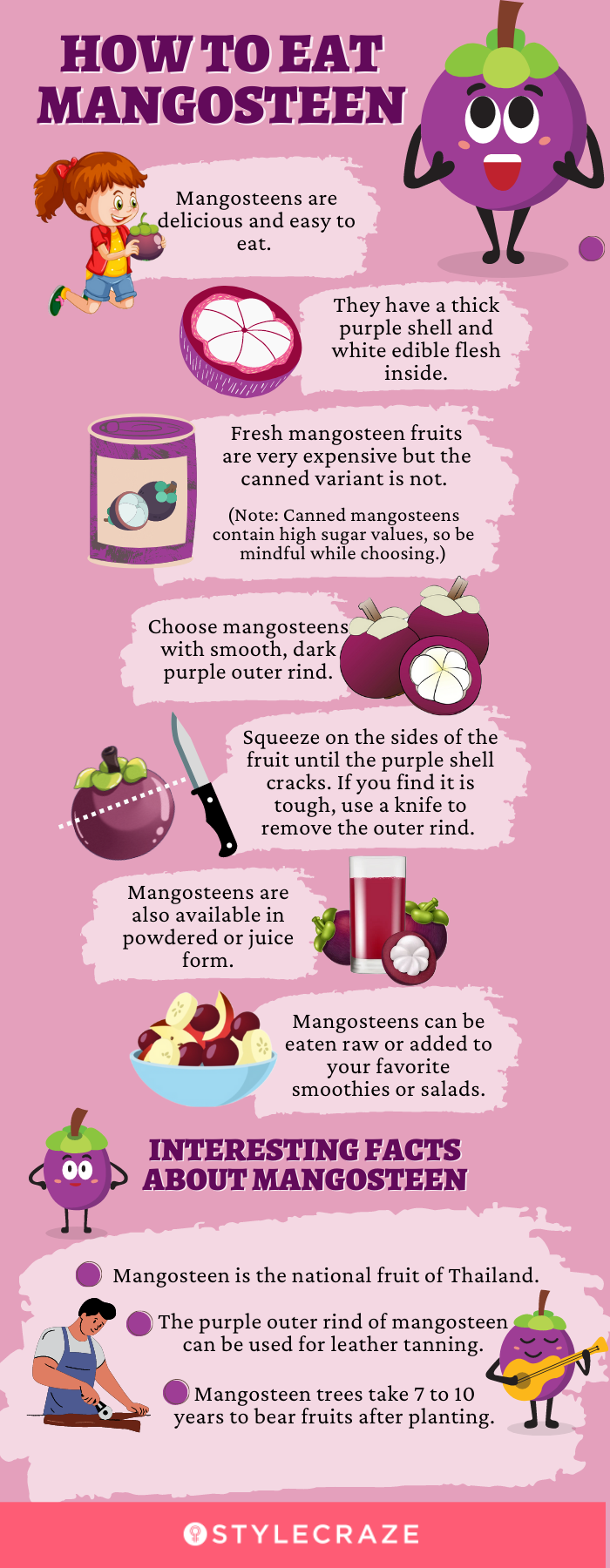
Mangosteen is a Southeast Asian dark purple tropical fruit featured in many dishes. This exotic fruit is used in traditional medicine to treat many chronic inflammatory disorders, boost the immune system, and improve digestion. The benefits of mangosteen can be attributed to its rich phytonutrient content. It may help manage diabetes, aid in weight loss, increase energy levels, and regulate blood pressure. In addition, its natural antibacterial properties and the broad range of antioxidants make it beneficial for your skin. However, excessive consumption may interfere with blood thinners or medications for heart problems. Since the safety standards have not been determined, pregnant and breastfeeding women should consult a doctor before consuming mangosteen.
Frequently Asked Questions
Is mangosteen a Superfood?
Mangosteen is packed with powerful antioxidants that help treat many ailments. The presence of a wide variety of nutrients makes mangosteen a superfood.
How many mangosteens can I eat in a day?
There is no specific recommended dosage of mangosteen. However, intake of mangosteen two to three times a day is considered safe.
How does the nutrient content of mangosteen vary depending on its ripeness and preparation method?
Much anecdotal evidence suggests that unripe mangosteen has lower antioxidant levels than the ripe fruit, especially xanthones (known for their anti-inflammatory and anti-cancer properties). In addition, the fresh fruit contains more nutrients than its juice or supplements, as the juicing process may remove fiber and other nutrients. Moreover, the number of nutrients may vary in the form of supplements.
Can I boil mangosteen skin and drink it?
There is no scientific evidence on the safety of consuming boiled mangosteen skin. Hence, it is recommended to consult your doctor before drinking it to avoid its adverse reactions.
Is mangosteen good for uric acid?
From one animal study, an extract of mangosteen fruit showed a significant uric acid-lowering effect in rats (22). However, more human studies are needed to understand this benefit of mangosteen.
Can mangosteen be used in cooking or baking?
Yes. Mangosteen can be used in baking and cooking, though most people prefer to eat it raw. The fruit’s sweet and tart flavor may provide a range of foods with a distinctive taste.
Illustration: Health Benefits Of Mangosteen, Nutrition, And How To Eat It
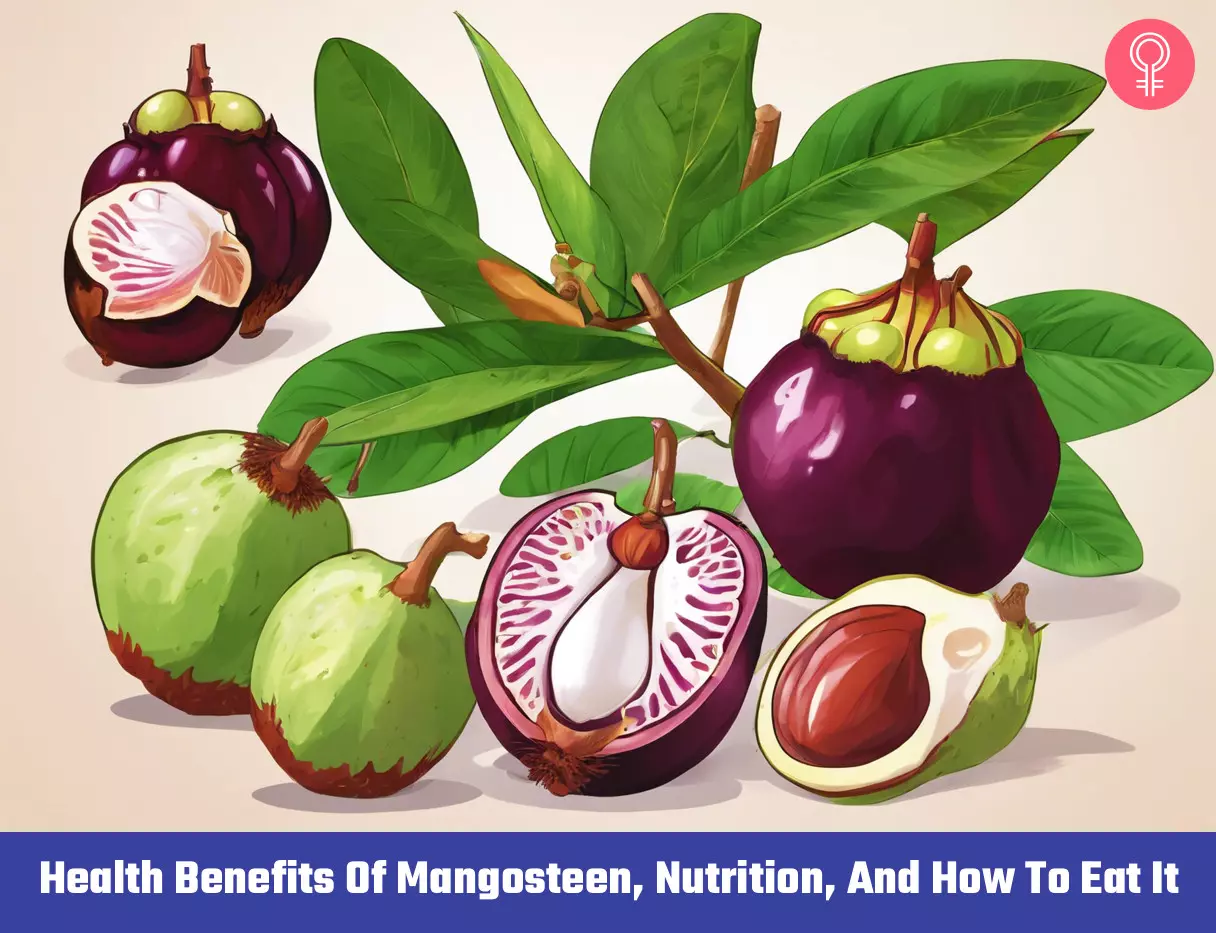
Image: Stable Diffusion/StyleCraze Design Team
Discover the amazing health benefits and nutrient facts of the exotic mangosteen fruit! Check out this video and learn how this superfood can help you stay healthy and fit.
Personal Experience: Source
StyleCraze's articles are interwoven with authentic personal narratives that provide depth and resonance to our content. Below are the sources of the personal accounts referenced in this article.
i. Why Mangosteen Nutrients Can Save Lifehttps://medium.com/@gee.writes/why-mangosteen-nutrients-can-save-life-1a7c208b9960
References
Articles on StyleCraze are backed by verified information from peer-reviewed and academic research papers, reputed organizations, research institutions, and medical associations to ensure accuracy and relevance. Read our editorial policy to learn more.
- “Mangosteen” NewCROP, Department of Horticulture and Landscape Architecture, Purdue University
https://hort.purdue.edu/newcrop/morton/mangosteen.html - “Botanical characteristics, chemical components, biological activity, and potential applications of mangosteen” Peer J, US National Library of Medicine https://www.ncbi.nlm.nih.gov/pmc/articles/PMC10178281/
- “Daily consumption of a mangosteen-based drink improves in vivo antioxidant and anti-inflammatory biomarkers in healthy adults: a randomized, double-blind, placebo-controlled clinical trial” Food Science & Nutrition, US National Library of Medicine
https://www.ncbi.nlm.nih.gov/pmc/articles/PMC4534161/ - Antioxidant and antidiabetic activity of Garcinia mangostana L. pericarp extract in streptozotocin-induced diabetic mice, Bioscience Research, ResearchGate.
https://www.researchgate.net/publication/322151633_Antioxidant_and_antidiabetic_activity_of_Garcinia_mangostana_L_pericarp_extract_in_streptozotocin-induced_diabetic_mice - “Mangosteen Extract Shows a Potent Insulin Sensitizing Effect in Obese Female Patients: A Prospective Randomized Controlled Pilot Study” Nutrients, US National Library of Medicine
https://www.ncbi.nlm.nih.gov/pmc/articles/PMC5986466/ - “Medicinal properties of mangosteen (Garcinia mangostana)” Food and Chemical Toxicology, Elsevier, CiteSeerX, The Pennsylvania State University
https://citeseerx.ist.psu.edu/viewdoc/download?doi=10.1.1.464.2810&&rep=rep1&&type=pdf - “Anti-acne-inducing bacterial activity of mangosteen fruit rind extracts.” Medical Principles and Practice
https://pubmed.ncbi.nlm.nih.gov/20516704/ - “Clinical efficacy of 0.5% topical mangosteen extract in nanoparticle loaded gel in treatment of mild-to-moderate acne vulgaris: A 12-week, split-face, double-blinded, randomized, controlled trial.” Journal of Cosmetic Dermatology, US National Library of Medicine
https://pubmed.ncbi.nlm.nih.gov/30688020/ - “α-Mangostin: Anti-Inflammatory Activity and Metabolism by Human Cells” Author manuscript, HHS Public Access, US National Library of Medicine
https://www.ncbi.nlm.nih.gov/pmc/articles/PMC3793015/ - “Anti-Cancer Effects of Xanthones from Pericarps of Mangosteen” International Journal of Molecular Sciences, US National Library of Medicine
https://www.ncbi.nlm.nih.gov/pmc/articles/PMC2635669/ - Polyphenols from the mangosteen (Garcinia mangostana) fruit for breast and prostate cancer, Frontiers in pharmacology
https://www.frontiersin.org/journals/pharmacology/articles/10.3389/fphar.2013.00080/full - “Southeast Asian Fruit May be Cure for Prostate Cancer” University of Illinois Cancer Center
https://cancer.uillinois.edu/southeast-asian-fruit-may-be-cure-for-prostate-cancer/ - “Mangosteen for the cancer patient: facts and myths.” Journal of the Society of Integrative Oncology, US National Library of Medicine
https://pubmed.ncbi.nlm.nih.gov/19442348/ - “Evaluation of Mangosteen juice blend on biomarkers of inflammation in obese subjects: a pilot, dose finding study” Nutrition Journal, BioMed Central, CiteSeerX, The Pennsylvania State University
https://citeseerx.ist.psu.edu/viewdoc/download?doi=10.1.1.791.9313&&rep=rep1&&type=pdf - “In vitro antioxidant properties of mangosteen peel extract” Journal of Food Science and Technology, US National Library of Medicine
https://www.ncbi.nlm.nih.gov/pmc/articles/PMC4252444/ - “Mangosteen pericarp extract inhibits the formation of pentosidine and ameliorates skin elasticity” Journal of Clinical Biochemistry and Nutrition, US National Library of Medicine
https://www.ncbi.nlm.nih.gov/pmc/articles/PMC4512896/ - “Dangerous Interactions.- Mangosteen-Vitamins-Foods-Drugs-Supplements and Herbs.” Academia
https://www.academia.edu/25589343/Dangerous_Interactions.-Mangosteen_-Vitamins-Foods-Drugs-Supplements_and_Herbs - “The Effects of MX3 Plus Food Supplement to the Health Condition of Select Respondents” Advancing Medical Technology Research, Academia
https://www.academia.edu/24508537/The_Effects_of_MX3_Plus_Food_Supplement_to_the_Health_Condition_of_Select_Respondents - “Functional beverage of Garcinia mangostana (mangosteen) enhances plasma antioxidant capacity in healthy adults” Food Science & Nutrition, CiteSeerX, The Pennsylvania State University
https://citeseerx.ist.psu.edu/viewdoc/download?doi=10.1.1.790.5616&&rep=rep1&&type=pdf - “New herbal supplement helps slim and trim without side effects, studies show” Newsroom, UCDavis Health, University of California, Davis
https://www.ucdavis.edu/news/new-herbal-supplement-helps-slim-and-trim-without-side-effects-studies-show - “Impact of six fruits–banana, guava, mangosteen, pineapple, ripe mango and ripe papaya–on murine hepatic cytochrome P450 activities.” Journal of Applied Toxicity, US National Library of Medicine
https://pubmed.ncbi.nlm.nih.gov/22499231/ - Hypouricemic Actions of the Pericarp of Mangosteen in Vitro and in Vivo
https://pubmed.ncbi.nlm.nih.gov/36634312/
Read full bio of Dr. Geeta Dharmatti
Read full bio of Swathi Handoo
Read full bio of Ravi Teja Tadimalla
Read full bio of Aparna Mallampalli





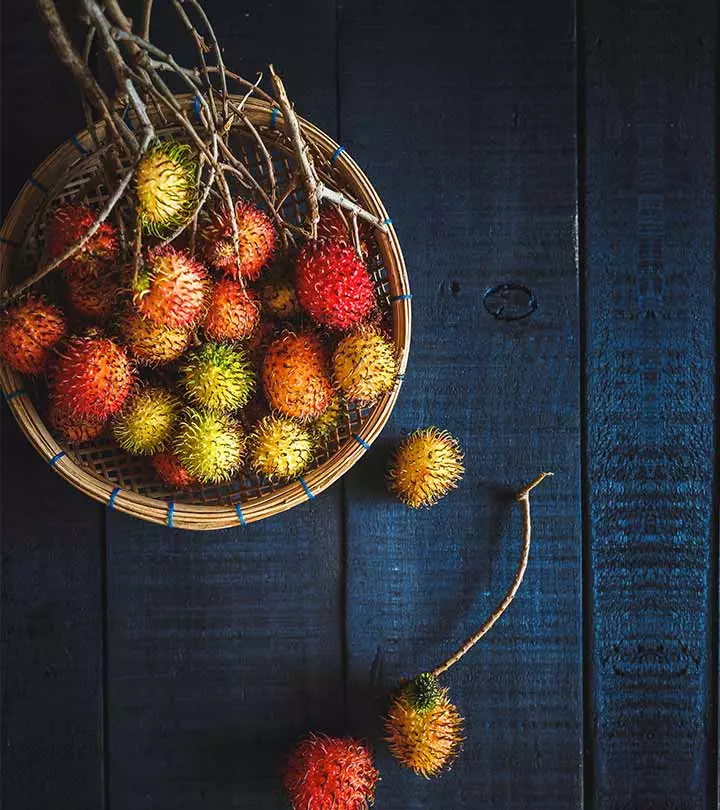
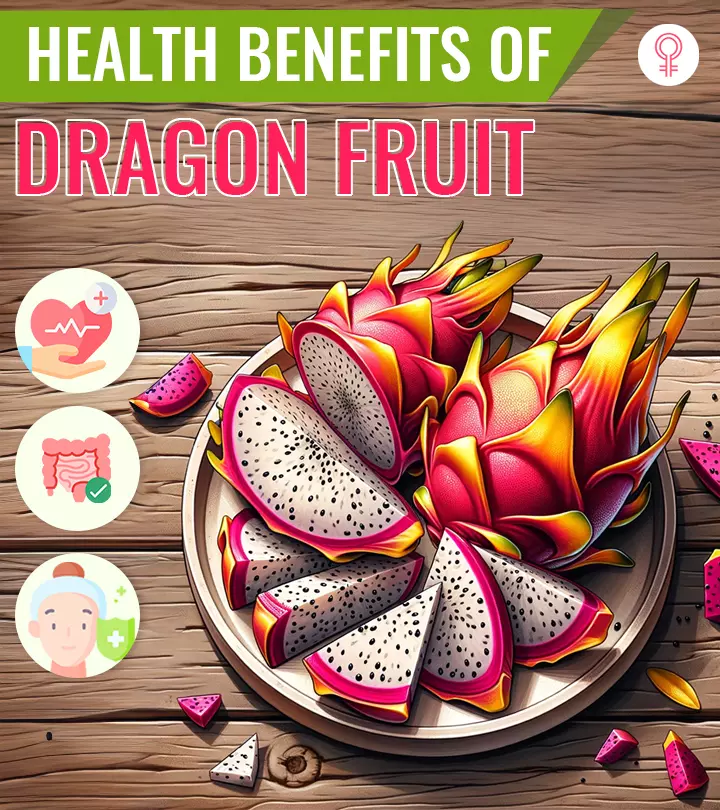
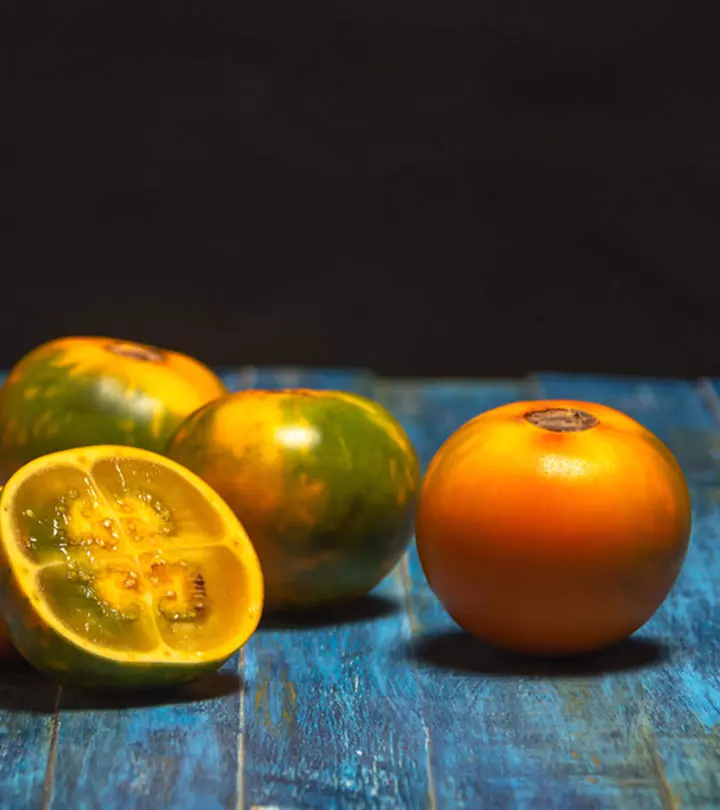
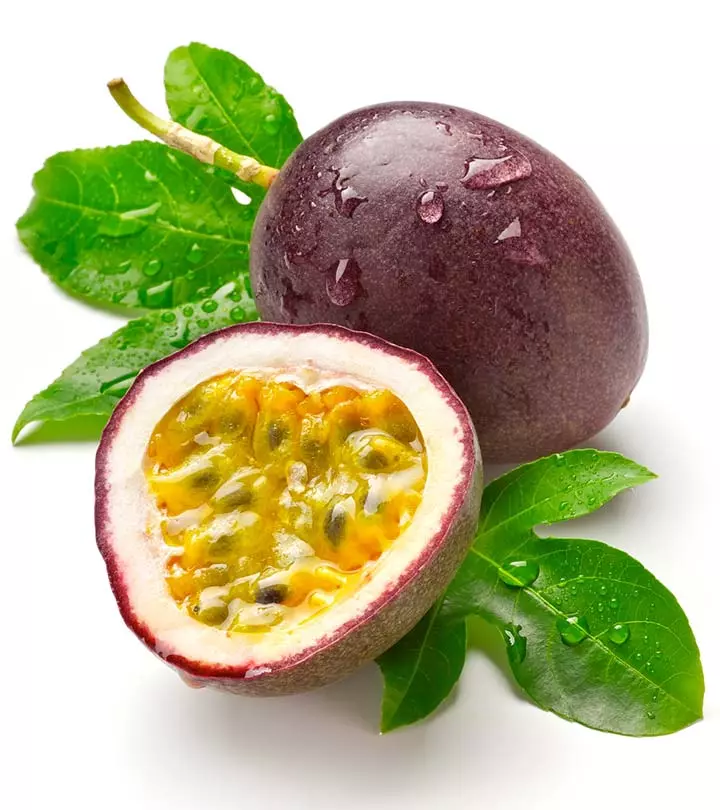
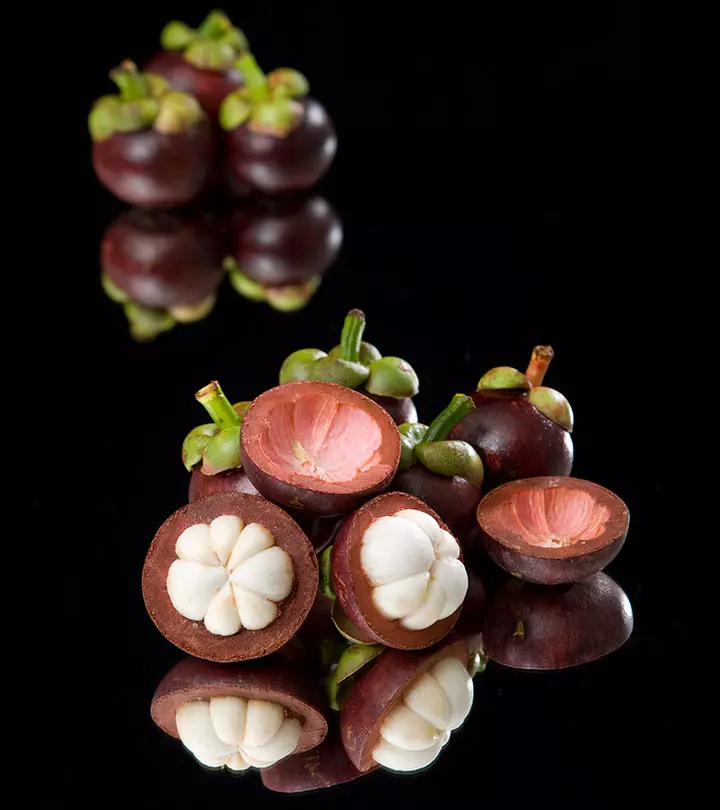
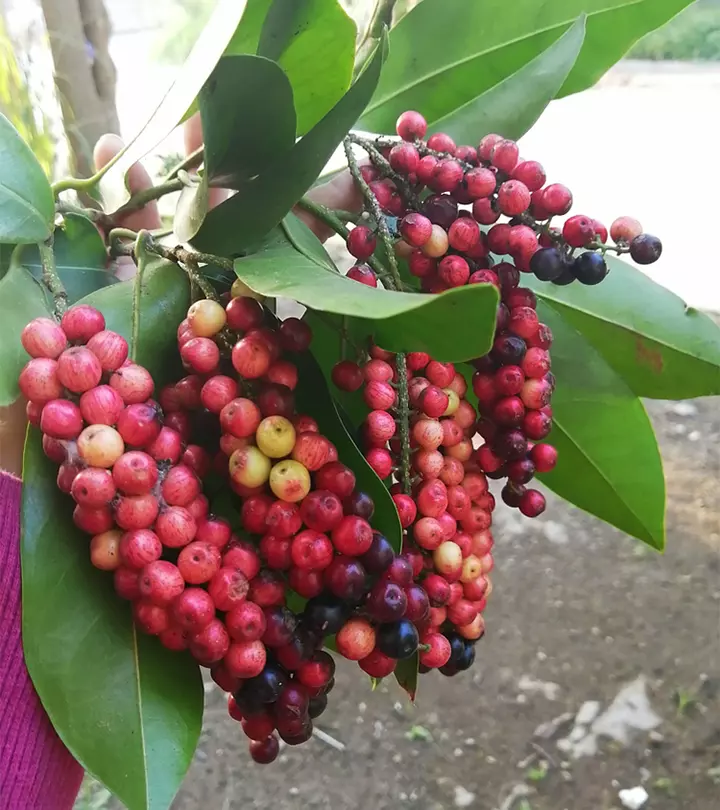
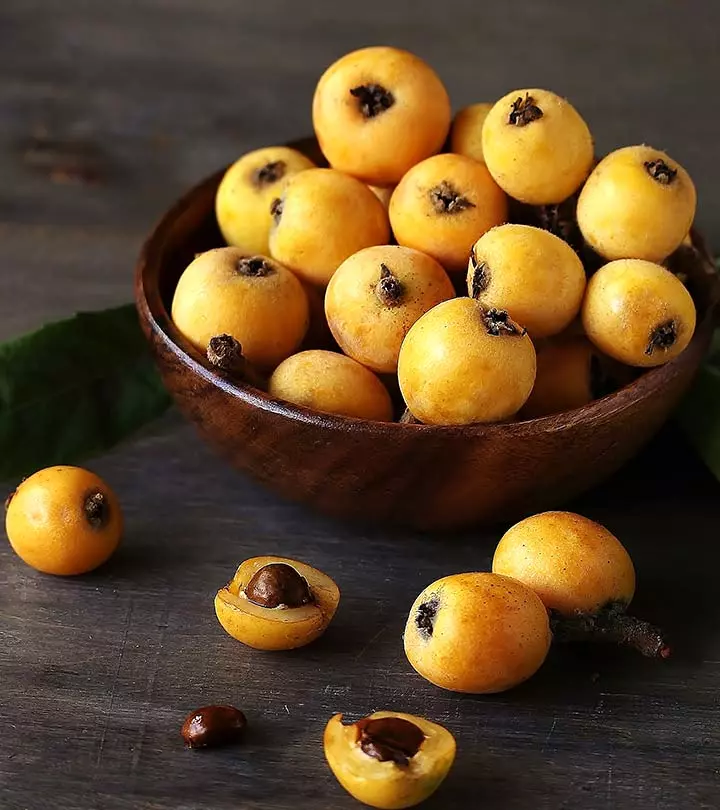
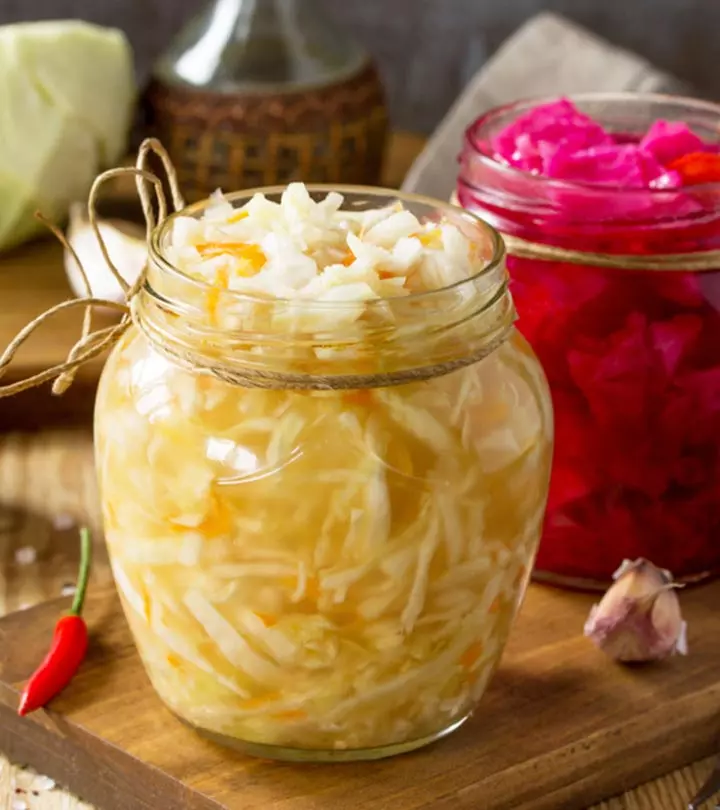
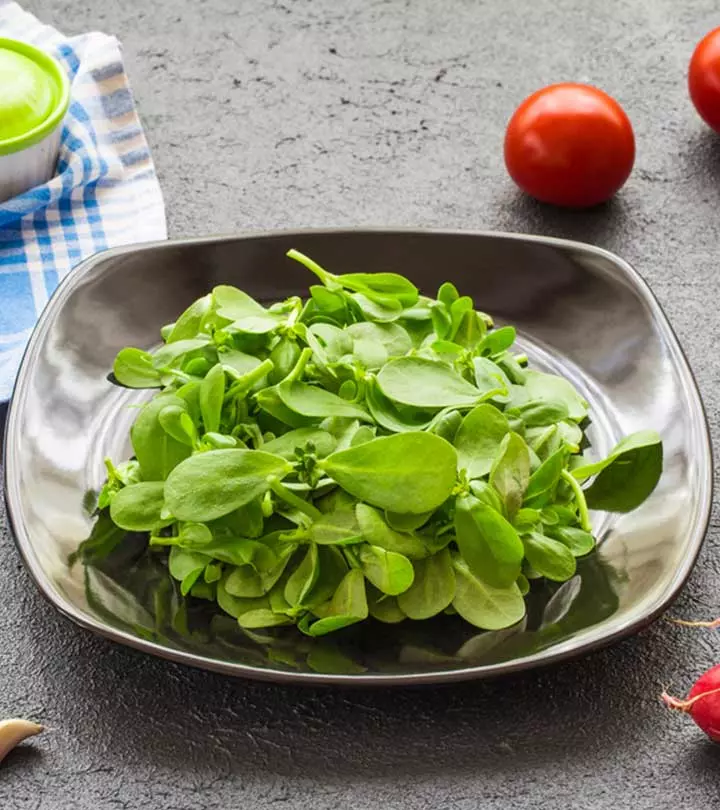
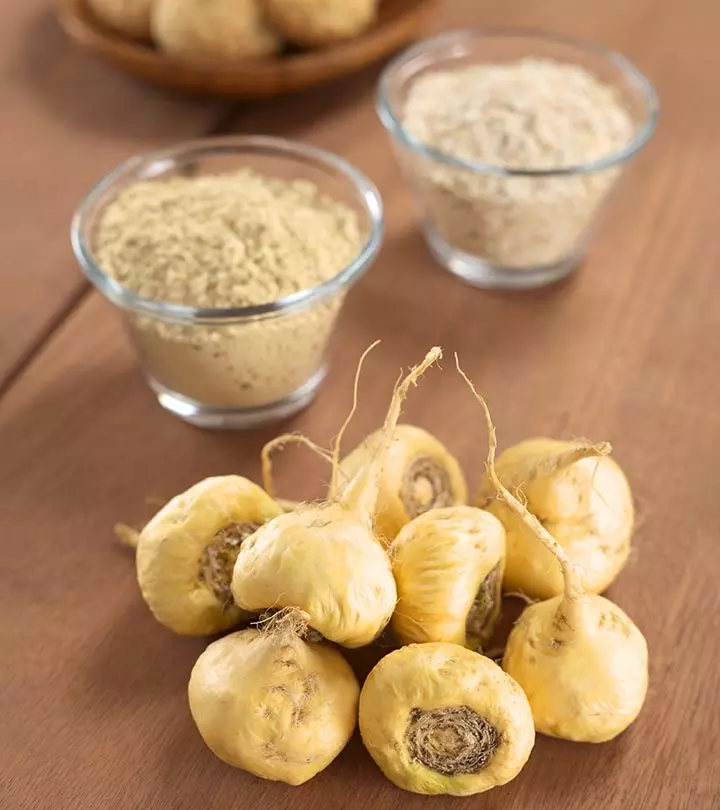
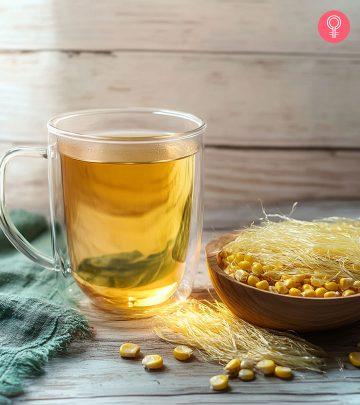
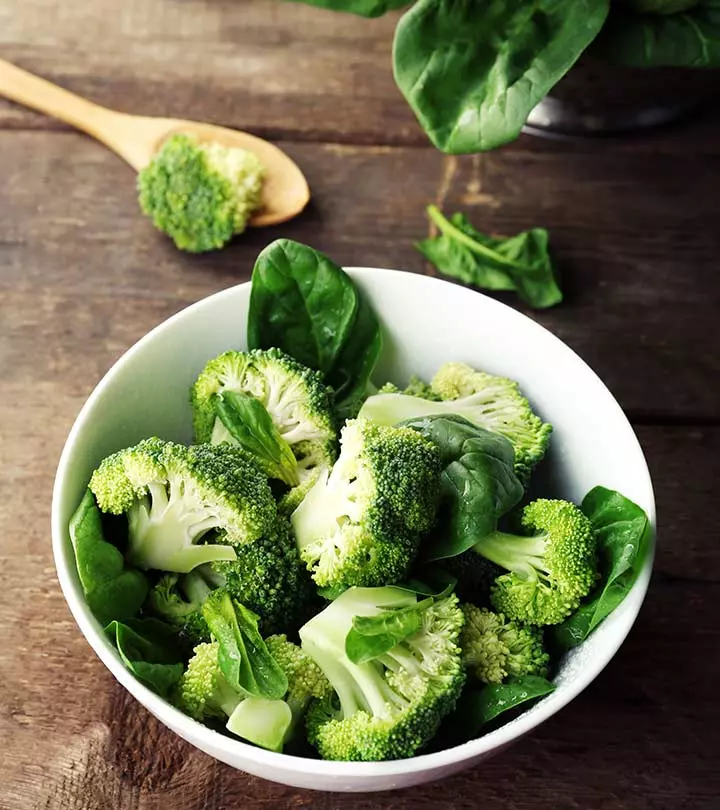
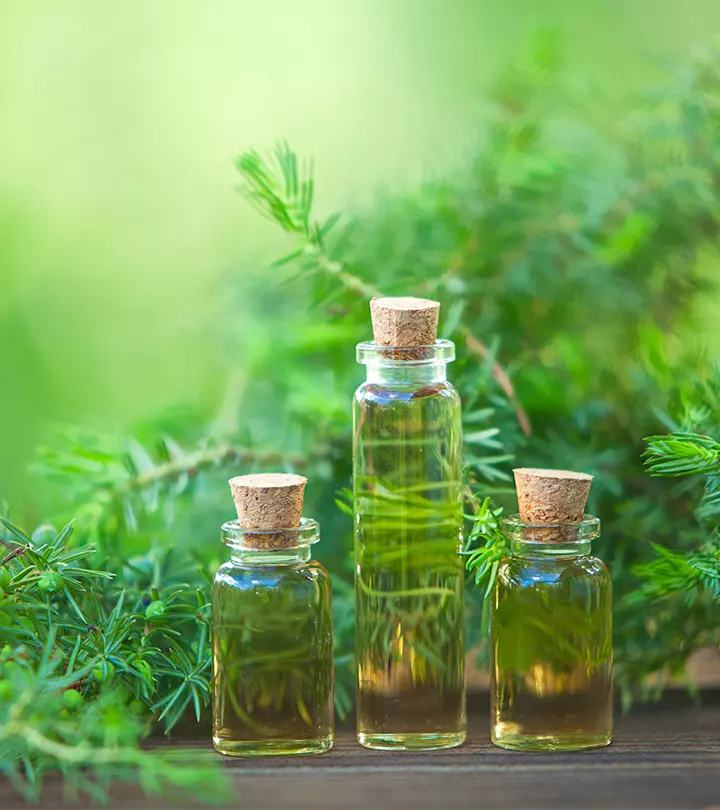
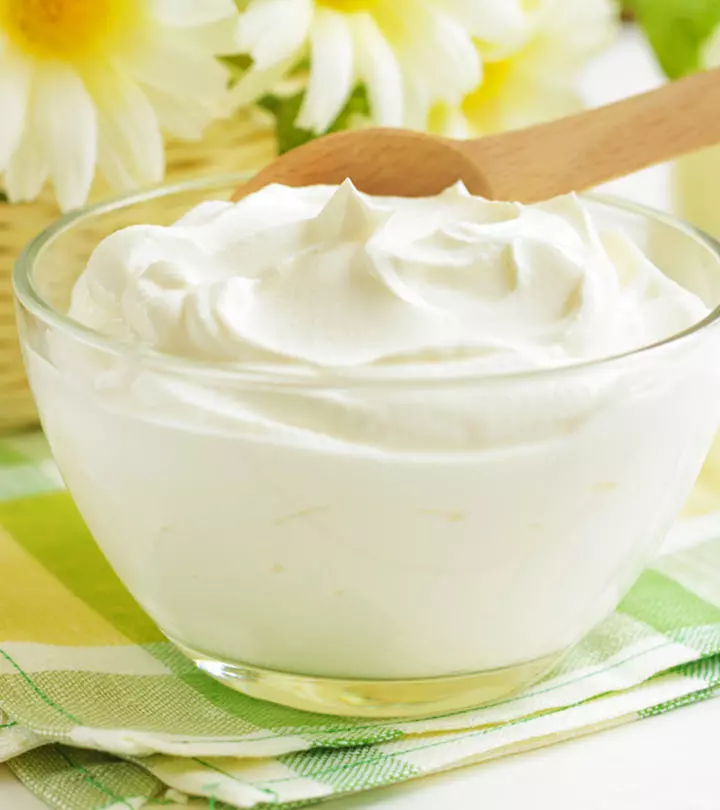
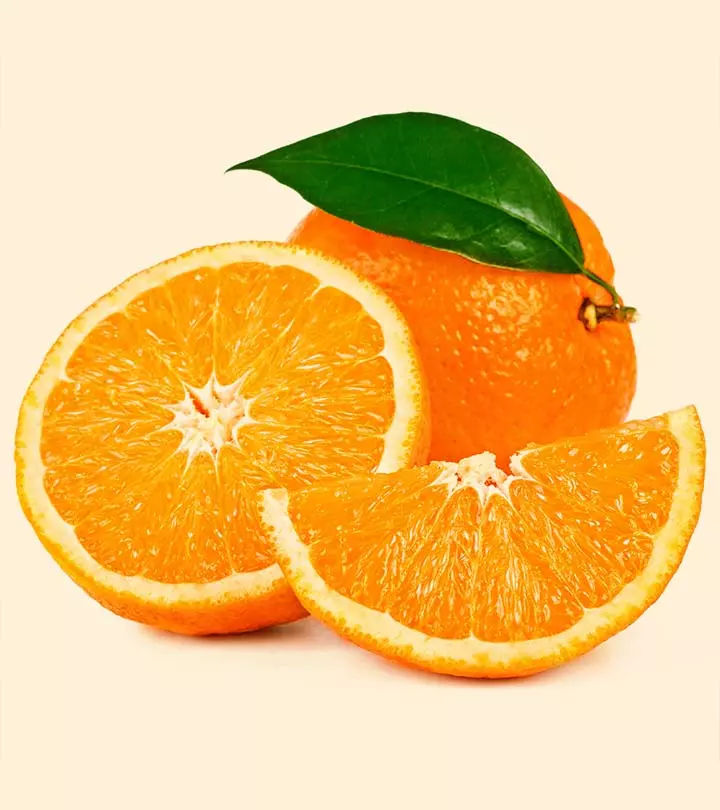
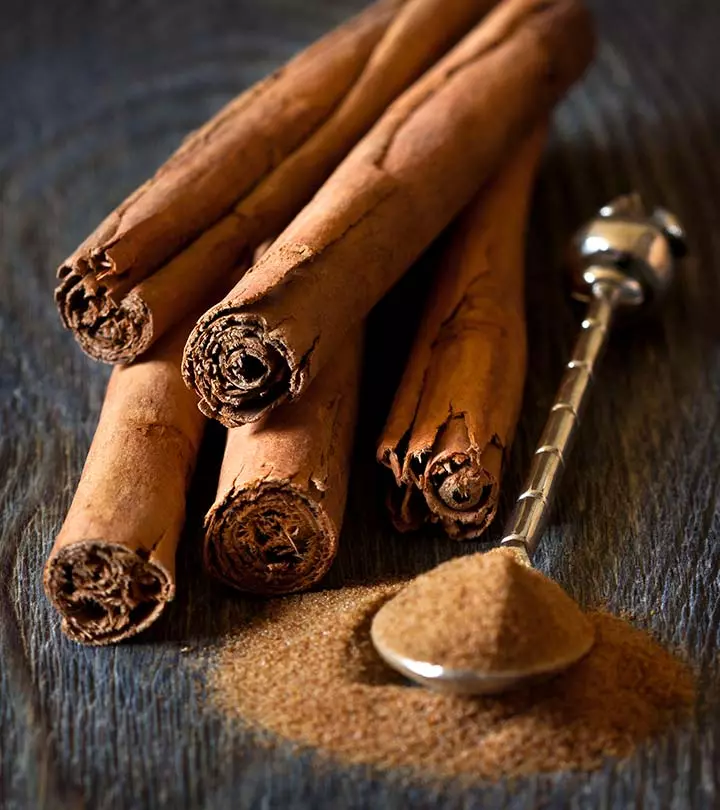
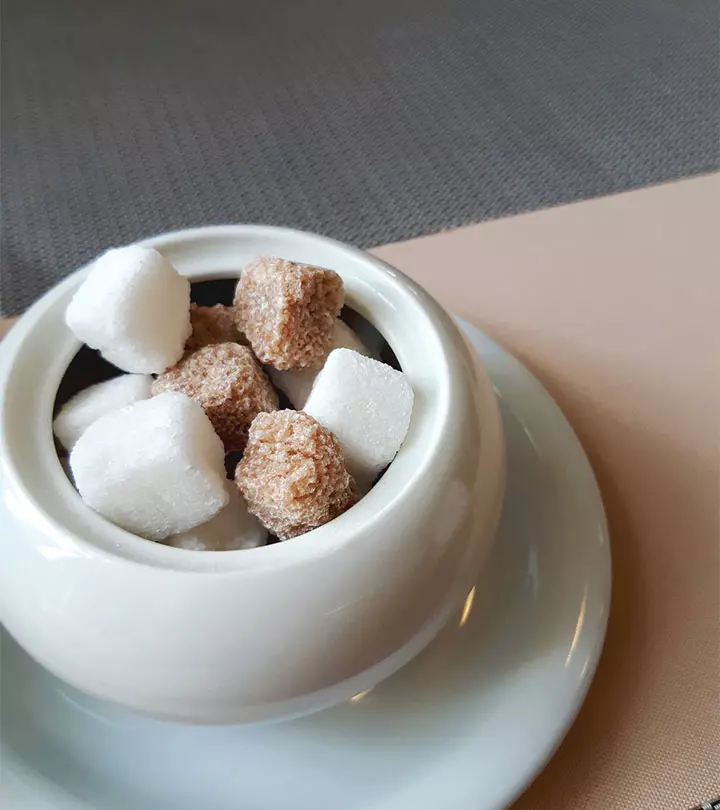
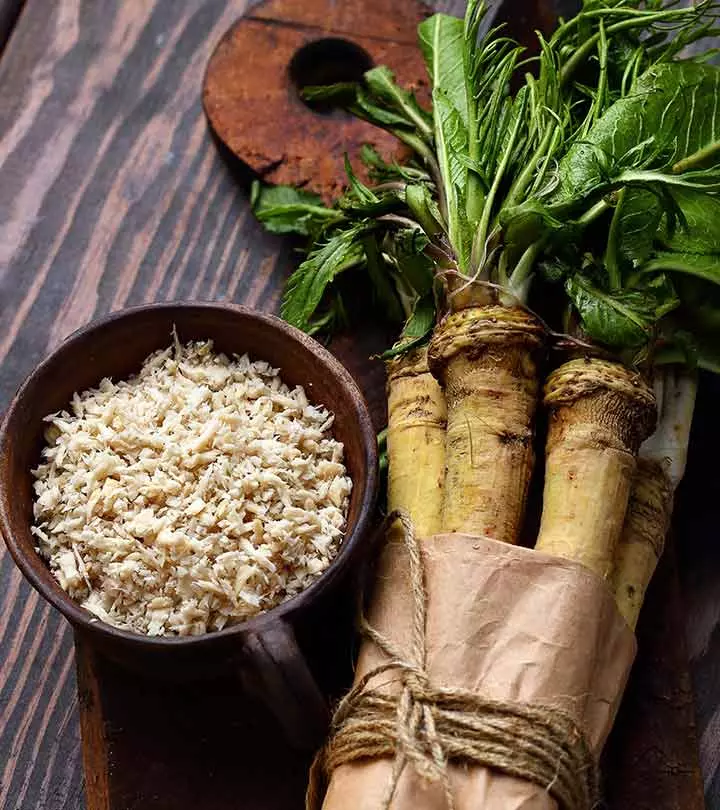
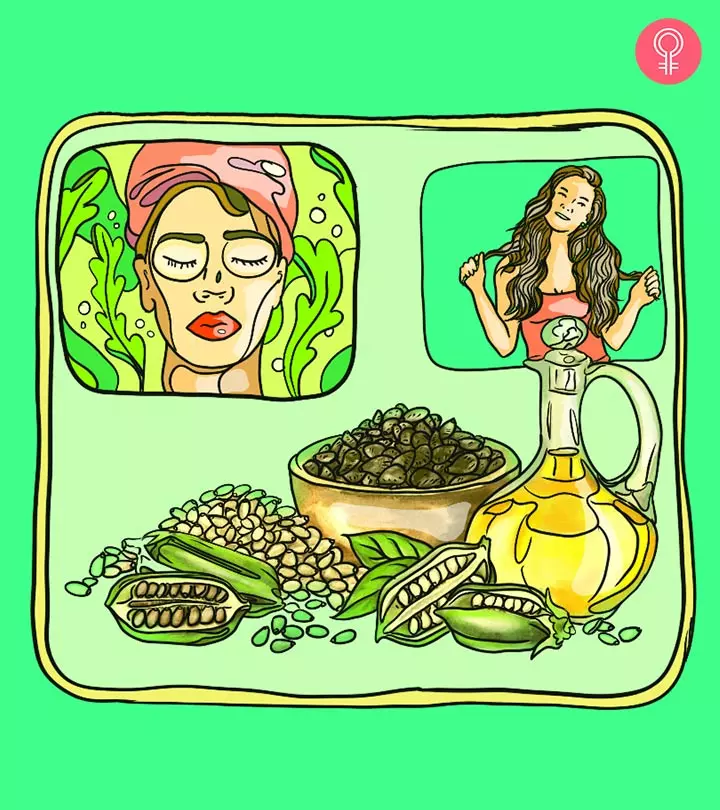
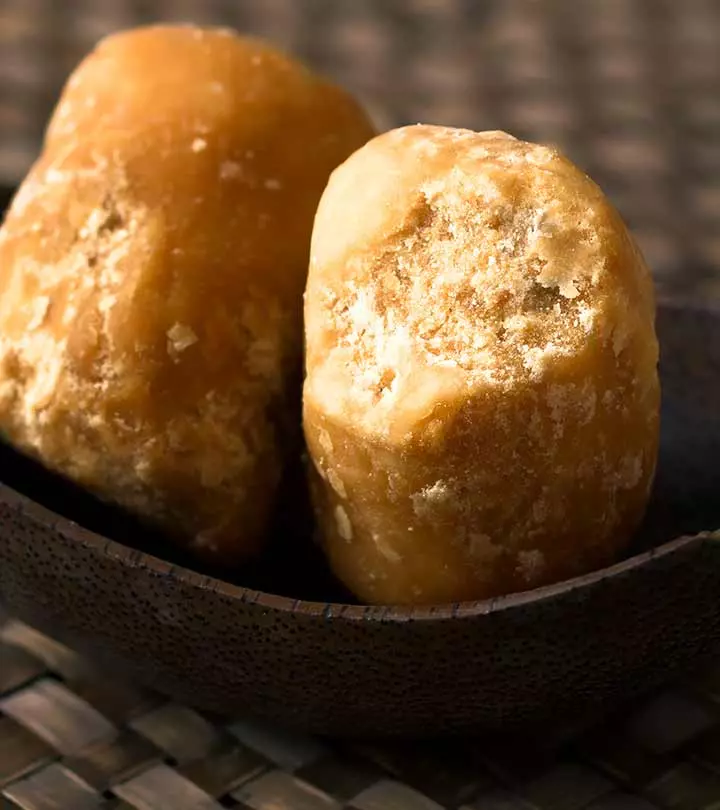
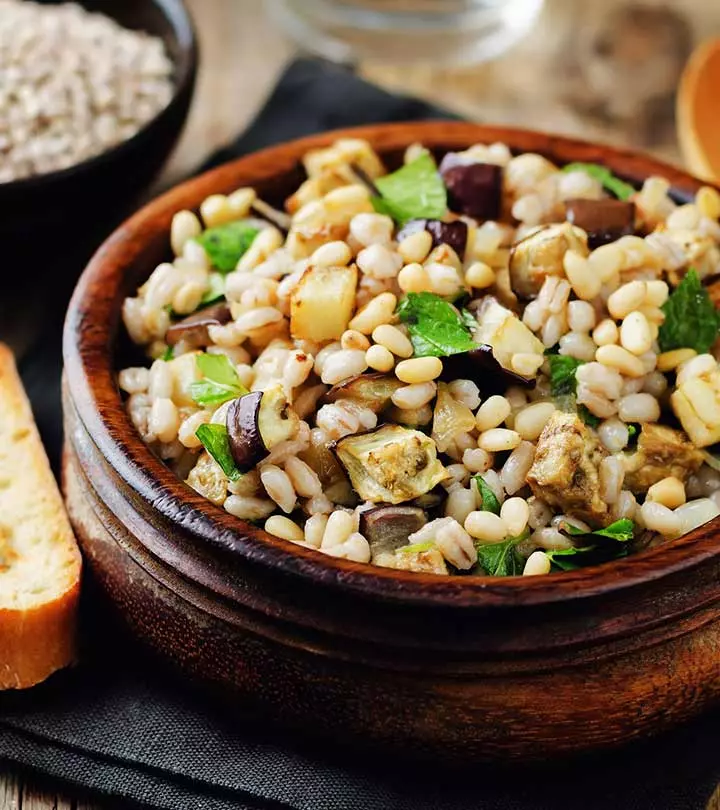
Community Experiences
Join the conversation and become a part of our empowering community! Share your stories, experiences, and insights to connect with other beauty, lifestyle, and health enthusiasts.